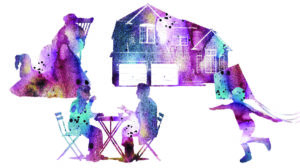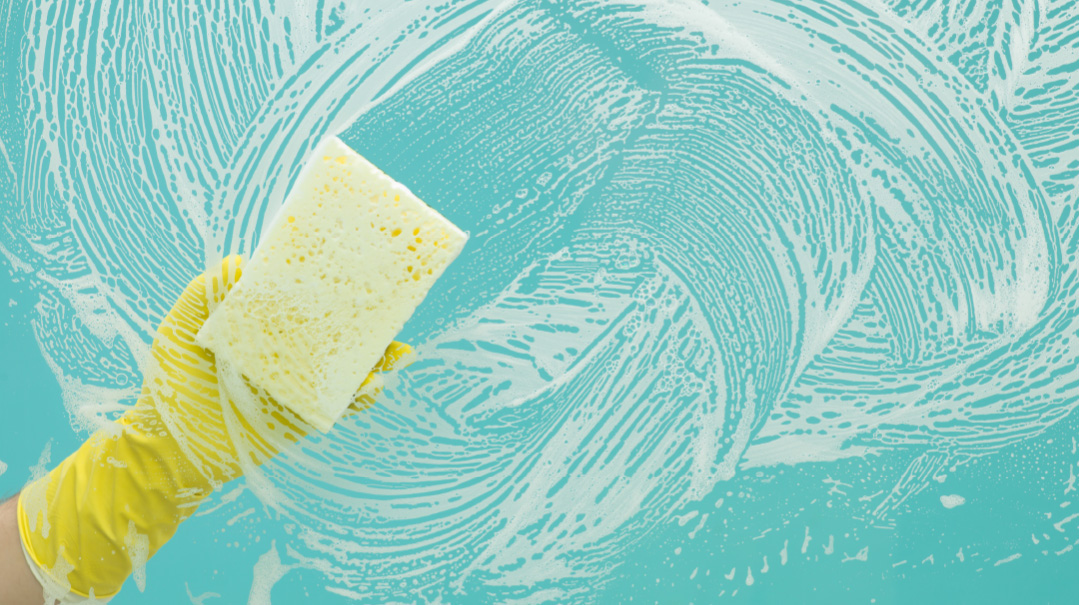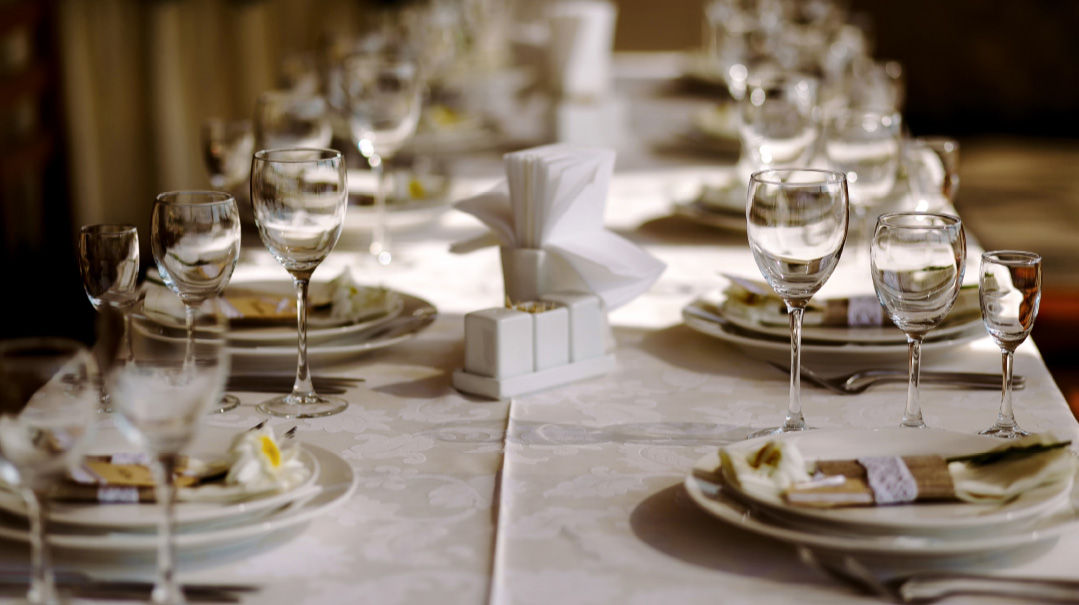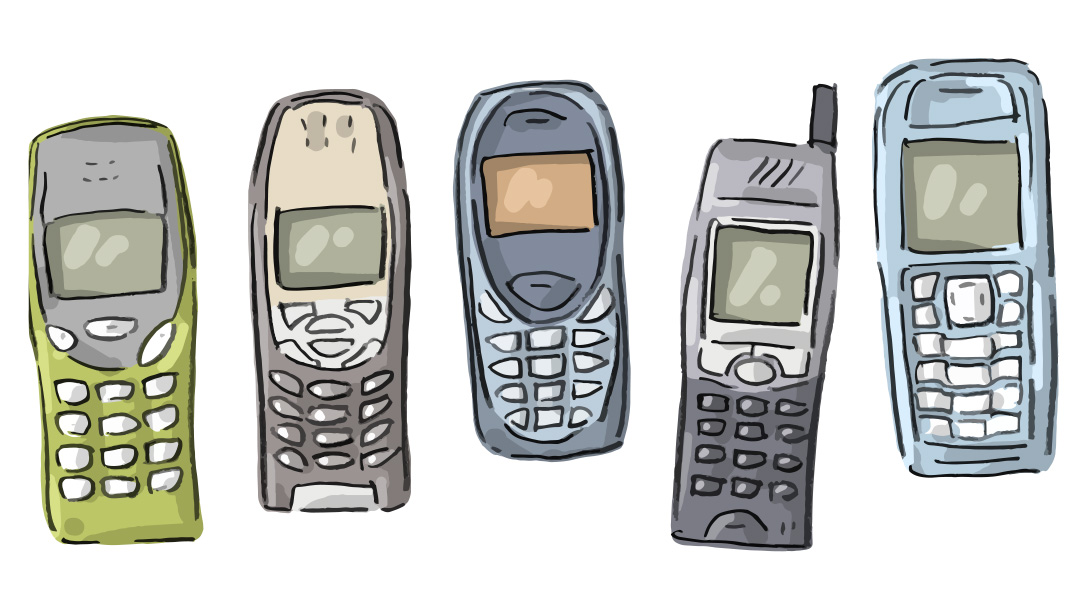The Best of Purims
| March 4, 2020I wondered if this scene of chaos was what Purim was supposed to look like

I
t was the best of days; it was the worst of days. It was Purim.
As I sat at the seudah surveying the situation, I wondered what magnitude the hurricane that had overturned my home would measure on the Saffir-Simpson hurricane scale.
Stray pieces of ribbon and bits of plastic were scattered around like confetti, mixed with empty packages of chips, Bissli, and cans of Coke. We’d tried to shove most of the mess from the shalach manos, the accessories from the costumes, and the groggers into a bedroom, with the door firmly closed, before the guests arrived for the seudah, but bits and pieces of the storm had escaped.
The main nutritional content of the food that my kids had consumed in the last 24 hours was sugar and food coloring, and the effects were obvious.
Now, as I served the soup, I wondered if this scene of chaos was what Purim was supposed to look like. The men at the seudah were singing, sleeping, or drinking. The boys were out on the porch, hopefully not throwing too many dangerous toys onto the neighbor’s porch below. The girls were schmoozing about school and tests and shopping, and the little kids… I didn’t even want to know what they were doing.
I closed my eyes, and for a moment I was a young idealistic seminary girl. I’d woken up early and had spent a long time davening, knowing how special tefillos are on Purim. I’d fought my way through the crowds and noise and drunkenness until I’d arrived at my third cousins’ house in Bnei Brak.
I’d never met them before, but had heard that they were special people. Trying to get the most of the two-day Purim in Israel, I wanted to spy out their seudah.
I felt a bit uncomfortable knocking at their door. Did I really belong there? I seated myself at the corner of the long table filled with guests and grandchildren, and was glad they were well into the seudah. No one really noticed me, and that was just fine. The men were exchanging divrei Torah, when suddenly, one guest stood up, jumped on the table, and raised his hands.
“Chayavim lilmod Torah, we must learn Torah,” he implored, full of drunken emotion.
“Chayavim laasot mitzvot, we must keep the mitzvos,” he said, half crying.
I wondered if he was talking to himself or to the people at the table; either way, he was quite an inspiration as he continued repeating those lines to himself, over and over, standing atop the table. A few of the men broke into lively singing and danced him off the table.
Dessert was served and the lights were dimmed. Shiny sparklers were brought out for the kids while the men began a kumzitz of slow soulful singing. “Tzamah Lecha Nafshi,” “Hinei Yamim Ba’im,” “Ani Maamin.” I was glad the room was dark so no one could see my tears.
The music, the words, and the atmosphere — everything was so perfect. The closeness to Hashem was so real, I could touch it. I knew for certain that one day my home would be filled with holiness too, just like this.
I opened my eyes to my four-year-old pulling my dress and crying.
“Shmuli hit me on the head with his police stick ’cause I wouldn’t give him my lolly.”
I looked at her sticky kallah dress, drooping veil, and tangled hair.
“It’s okay, I’m sure it was a mistake,” I said, trying to calm her as I served the string beans.
A few teenage boys ran past me and headed outside.
“Where are they going in middle of the seudah?” I asked in surprise.
“Oh, they’re just looking for some excitement,” my son explained. “It’s too boring here.”
I looked out the window. The violet-orange sky reminded me that the sun was quickly setting, and I hadn’t yet davened.
“Oh, no, Minchah!” I said to my teenage daughter, handing her the serving plate as I ran from the room. “You finish serving.”
I took three steps back and the tears began to flow. I wasn’t sure whether they were inspired by the holiness of Purim, or came as a release of the stress and frustrations of the day. I felt joy at being able to have a few minutes of quiet to daven, even though it was squeezed in moments before shkiah.
As I finished davening and returned to the seudah, I discovered my two-year-old in full costume lying on the floor. I picked him up, and with the rise and fall of his breath I realized he’d surrendered to sleep. I held him and a bit of his calm and innocence washed over me.
The marathon of the day was ending. I surrendered the need for control and perfection and allowed things to be just how they were. Soon there would be a floor to mop and kids to be dragged to bed, but for now, I sat down to savor the beauty of the moment.
Above the cacophony of the kids, the men had begun singing, and the songs were the same ones that had inspired me as a seminary girl. “Tzamah Lecha Nafshi,” “Hinei Yamim Ba’im,” then some others. Some sang half drunkenly and off-key and some with beautiful harmony.
Hinei yamim ba’im, ani maamin. I believe that the Creator creates and rules, He did, He does, and He will do…He’s running my seudah, and He’s running my life.
And I knew then for certain that my home was one of holiness, just like that seudah in Bnei Brak many years ago.
(Originally featured in Family First, Issue 683)
The music, the words, and the atmosphere — everything was so perfect. The closeness to Hashem was so real, I could touch it. I knew for certain that one day my home would be filled with holiness too, just like this.
I opened my eyes to my four-year-old pulling my dress and crying.
“Shmuli hit me on the head with his police stick ’cause I wouldn’t give him my lolly.”
I looked at her sticky kallah dress, drooping veil, and tangled hair.
“It’s okay, I’m sure it was a mistake,” I said, trying to calm her as I served the string beans.
A few teenage boys ran past me and headed outside.
“Where are they going in middle of the seudah?” I asked in surprise.
“Oh, they’re just looking for some excitement,” my son explained. “It’s too boring here.”
I looked out the window. The violet-orange sky reminded me that the sun was quickly setting, and I hadn’t yet davened.
“Oh, no, Minchah!” I said to my teenage daughter, handing her the serving plate as I ran from the room. “You finish serving.”
I took three steps back and the tears began to flow. I wasn’t sure whether they were inspired by the holiness of Purim, or came as a release of the stress and frustrations of the day. I felt joy at being able to have a few minutes of quiet to daven, even though it was squeezed in moments before shkiah.
As I finished davening and returned to the seudah, I discovered my two-year-old in full costume lying on the floor. I picked him up, and with the rise and fall of his breath I realized he’d surrendered to sleep. I held him and a bit of his calm and innocence washed over me.
The marathon of the day was ending. I surrendered the need for control and perfection and allowed things to be just how they were. Soon there would be a floor to mop and kids to be dragged to bed, but for now, I sat down to savor the beauty of the moment.
Above the cacophony of the kids, the men had begun singing, and the songs were the same ones that had inspired me as a seminary girl. “Tzamah Lecha Nafshi,” “Hinei Yamim Ba’im,” then some others. Some sang half drunkenly and off-key and some with beautiful harmony.
Hinei yamim ba’im, ani maamin. I believe that the Creator creates and rules, He did, He does, and He will do…He’s running my seudah, and He’s running my life.
And I knew then for certain that my home was one of holiness, just like that seudah in Bnei Brak many years ago.
(Originally Featured in Family First, Issue 683)
Oops! We could not locate your form.












